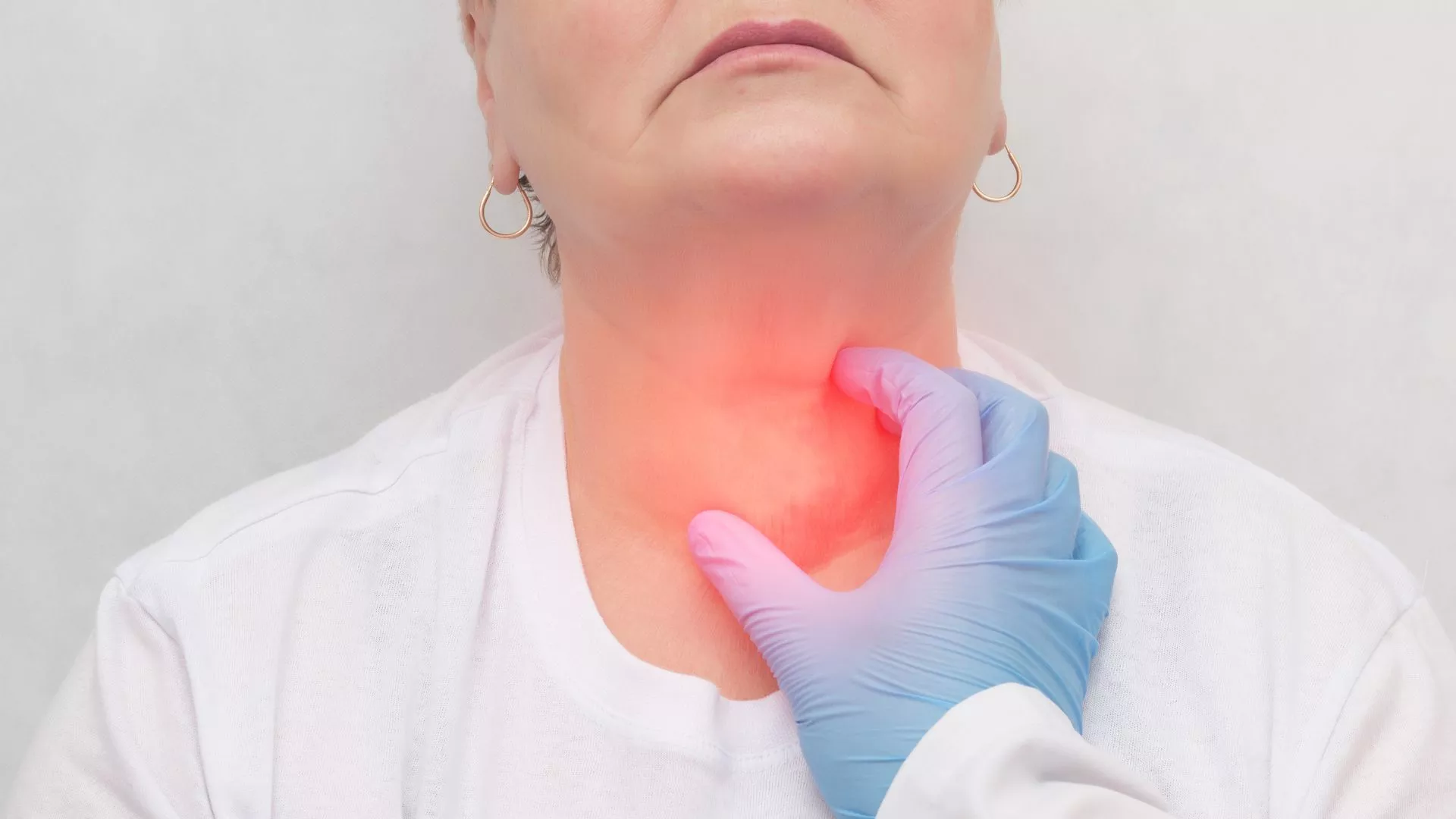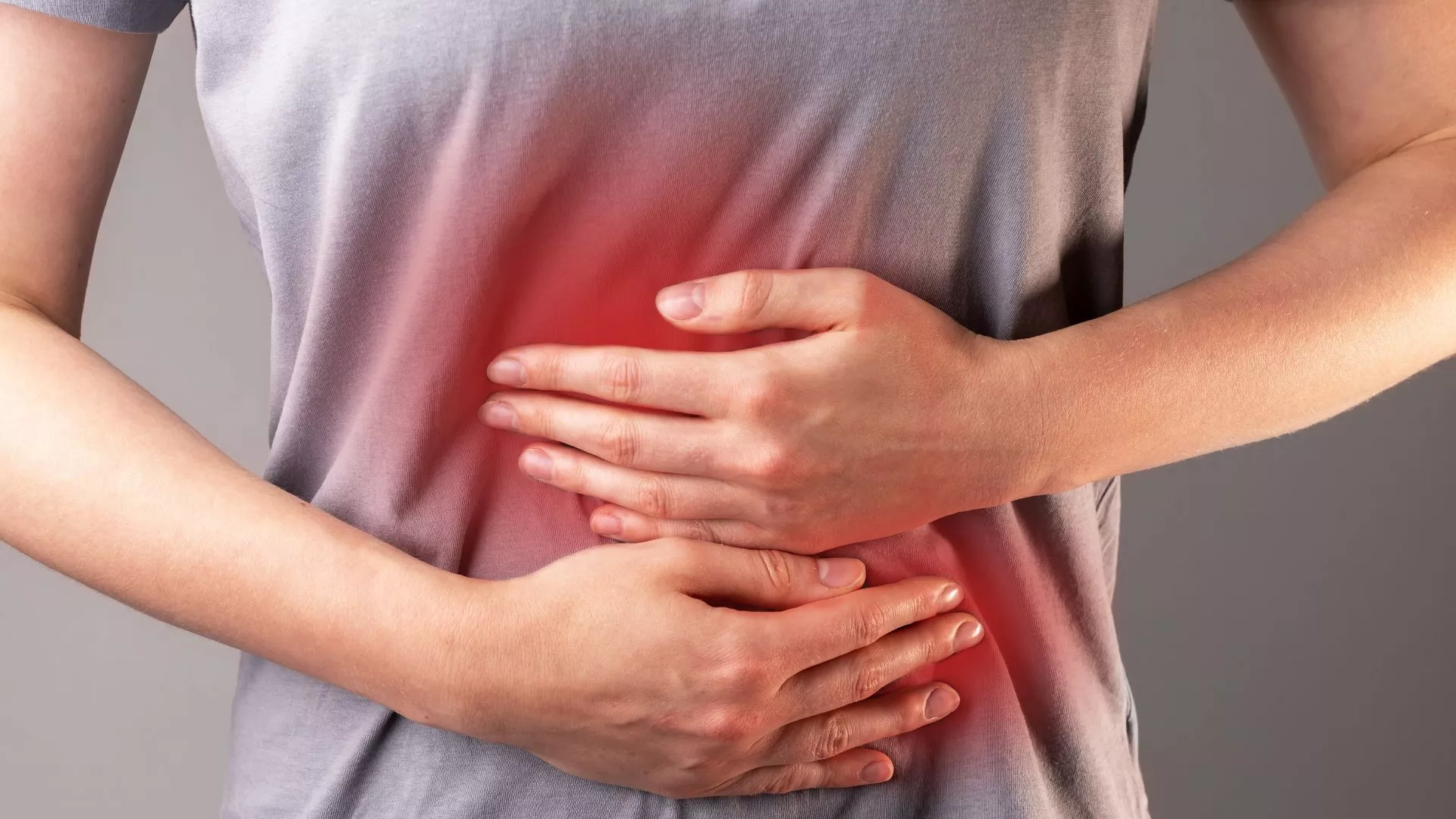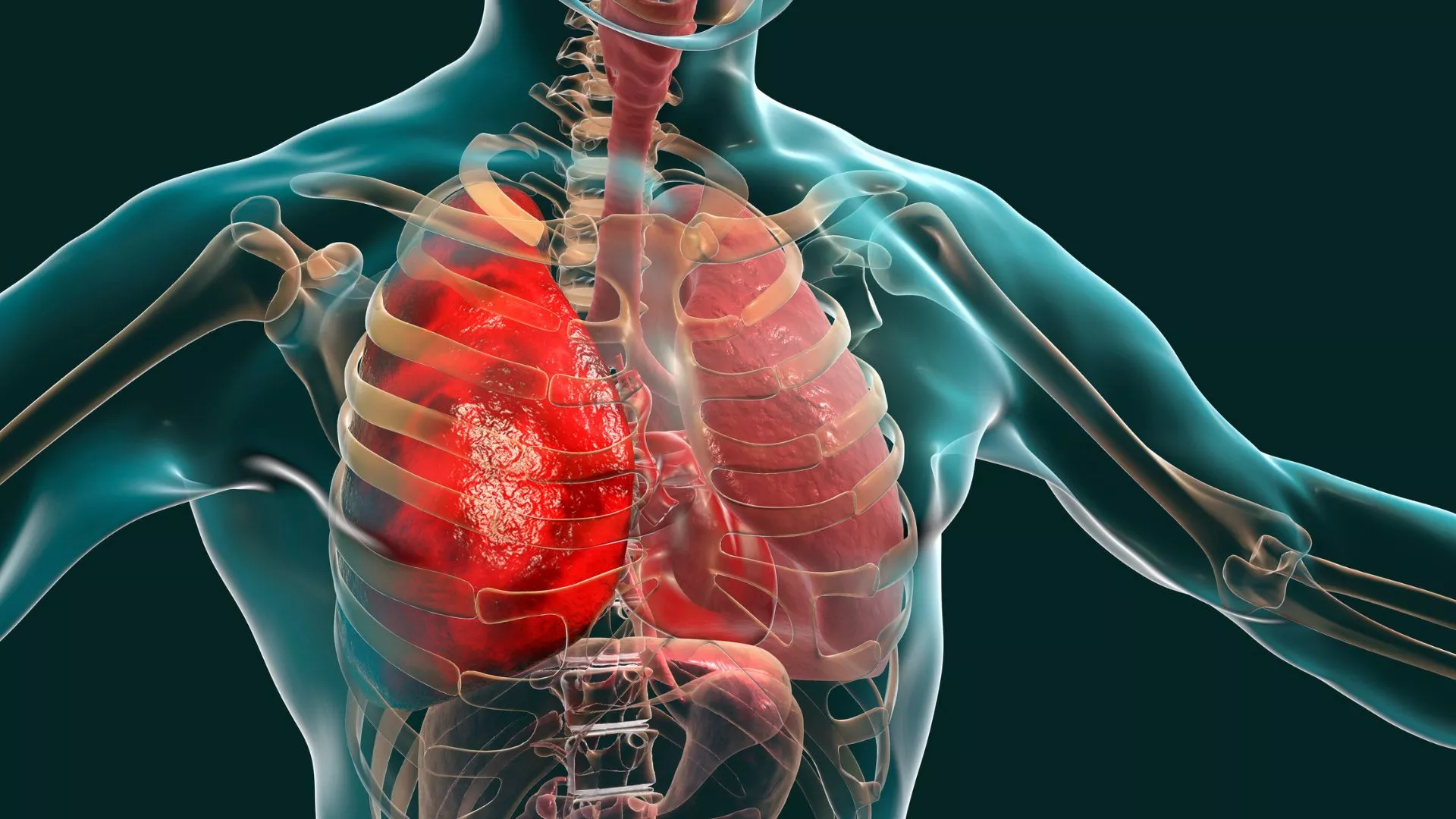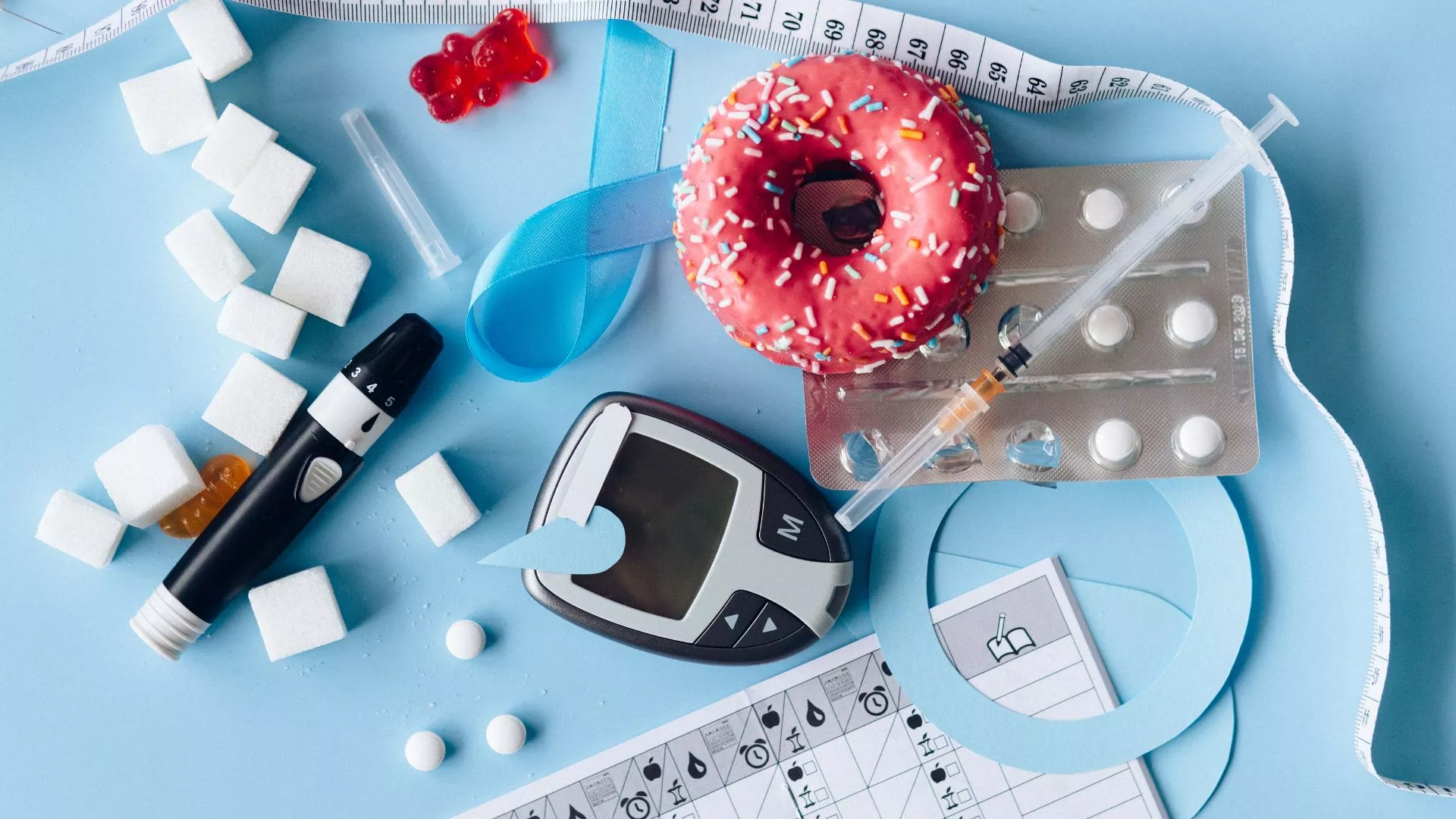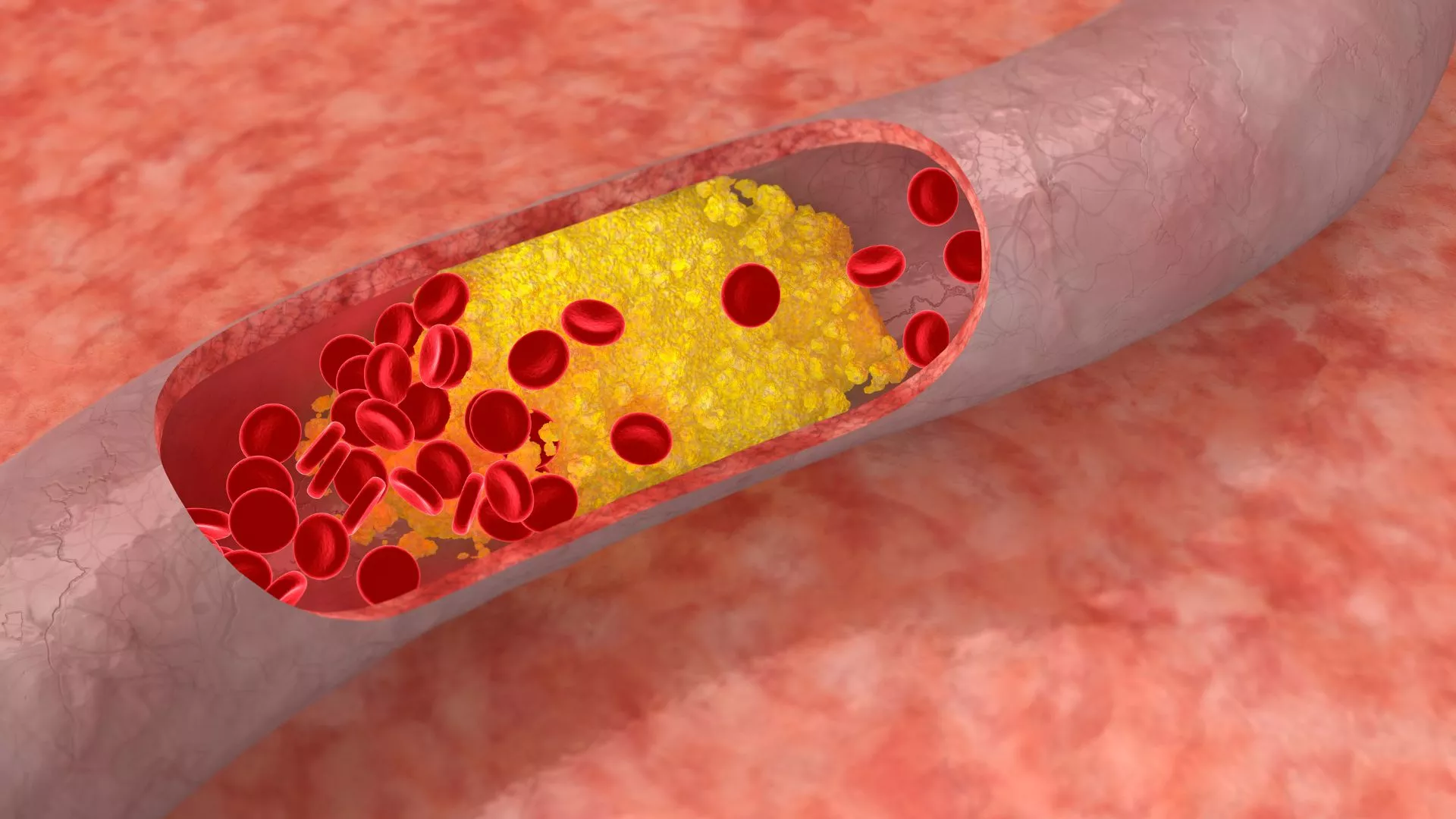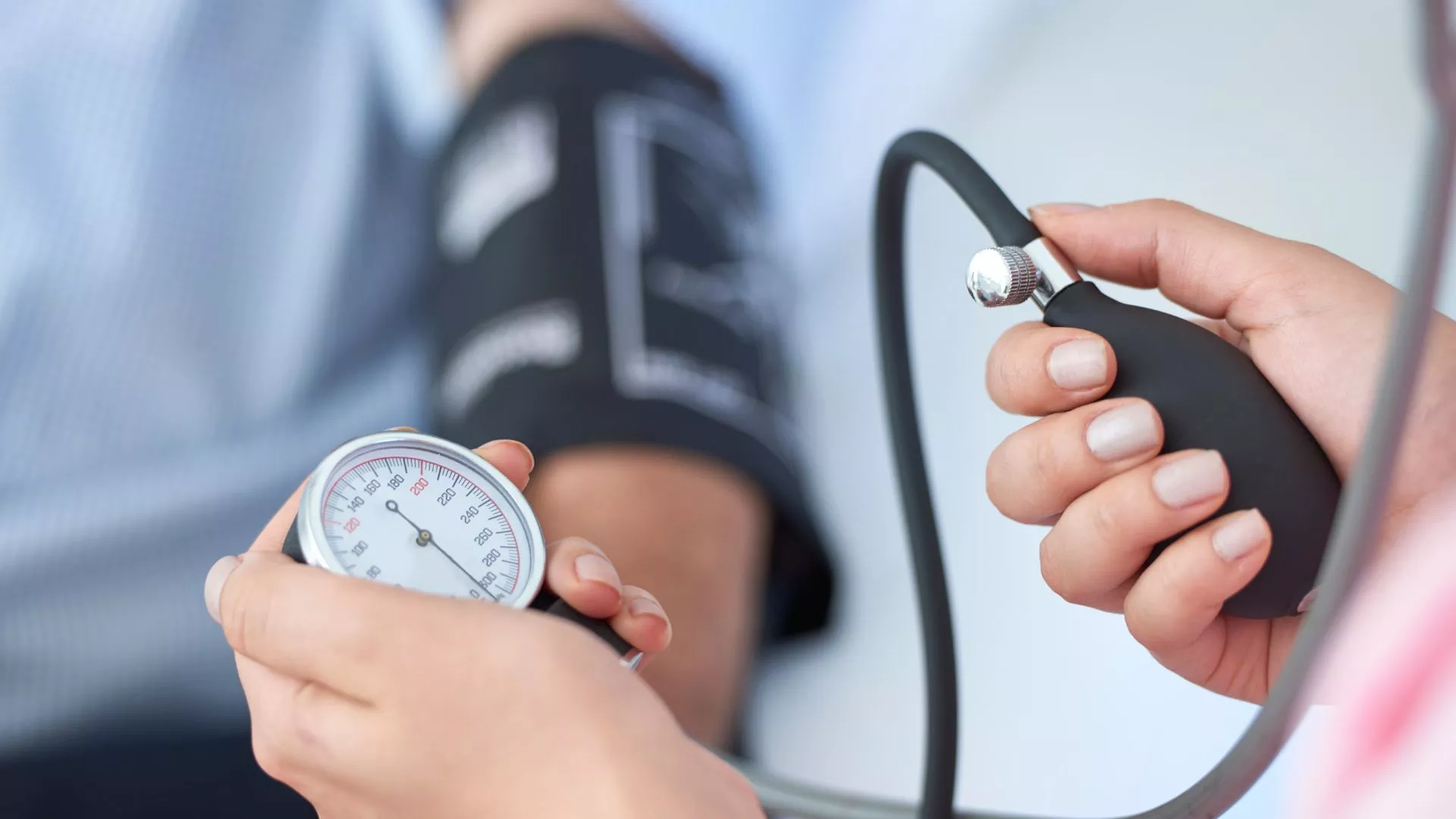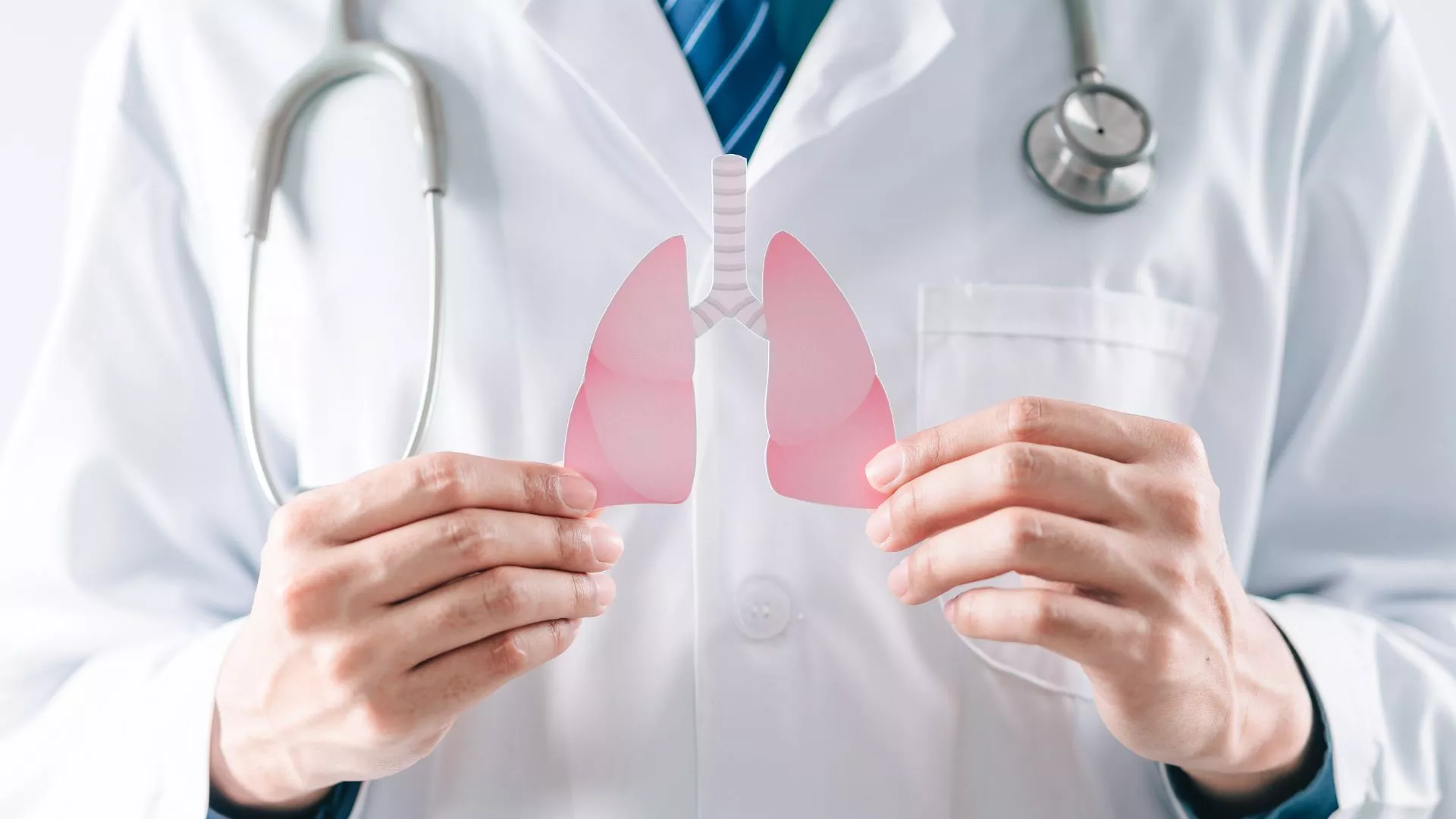
Hugo M Toro, MD, PA
Board Certified Internal Medicine located in Katy, TX
High cholesterol is a common problem that many people don’t even realize they have until they become seriously ill. It’s easy to screen for high cholesterol, though, so visit the team at Hugo Toro, MD, PA, for a cholesterol screening test before you start experiencing any symptoms. They provide practical advice and effective therapies that can help you reduce your cholesterol and avoid potentially life-threatening health problems. Call his practice in Katy, Texas, today to schedule a screening test.
High Cholesterol Q&A
What is cholesterol?
Cholesterol is a substance your body uses to manufacture hormones, and vitamin D. Cholesterol is also vital for your digestion.
As your body makes enough cholesterol for these purposes, you don’t need cholesterol in your diet, but many people consume large amounts of cholesterol every day.
Cholesterol is in your bloodstream. It’s a fatty material that has several different forms. These are known as good cholesterol, which is the one you need, and bad cholesterol, which is harmful to your health when you have too much of it in your blood.
Unfortunately, high cholesterol is a problem that typically doesn’t cause any symptoms. That means that unless you visit the Hugo M Toro, MD, PA, team regularly to have your cholesterol measured, you won’t know there’s anything wrong until something serious happens like a heart attack.
What are good and bad cholesterols?
Good cholesterol carries excess cholesterol from around your body to your liver. Your liver then gets rid of the excess. This form of cholesterol is called HDL or high-density lipoprotein. Bad cholesterol is LDL (low-density lipoprotein) and VLDL (very low-density lipoprotein).
Bad cholesterol comes from animal fats and fried or processed foods. If there’s too much in your bloodstream, it forms plaque and starts to stick to the walls of your arteries. Plaque buildup can lead to narrowing of the arteries (atherosclerosis), which can cause circulation problems, including:
- Angina
- Carotid artery disease
- Heart attack
- Peripheral arterial disease
- Stroke
Cholesterol can increase if you smoke, and fall if you do more exercise, so a healthier lifestyle can make a significant difference to your cholesterol levels.
How is high cholesterol treated?
Because high cholesterol is something that happens when you eat foods that contain too much LDL and VLDL, cutting down on these foods is essential. If you work on losing weight and getting more exercise as well, you can lower your cholesterol levels to a much healthier range.
If your cholesterol is dangerously high, your provider can prescribe medication to get it under control. However, lifestyle changes are the best long-term approach to reducing cholesterol.
If you need help with weight loss, a healthy diet, quitting smoking, or any other lifestyle changes, the Hugo M Toro, MD, PA, team can support you by providing the information you need and monitoring your progress.
If you haven’t had a cholesterol screening recently or need help managing high cholesterol, call Hugo M Toro, MD, PA, today to arrange one.
More Information
For more information about high cholesterol, Hugo Toro, MD, PA recommends the following sources:
